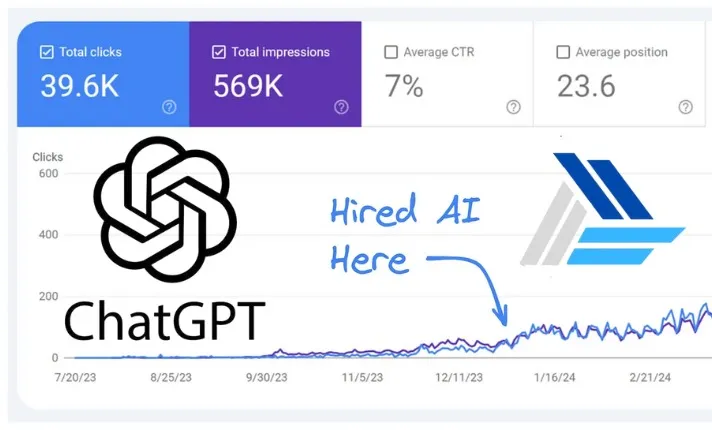What is a Case Note?
A case note is a concise summary and in-depth analysis of a specific case, focusing on the key facts and the court’s decision. It also involves an exploration of the case's significance and potential impact on future legal decisions.
Where to Begin?
Start by selecting a case that piques your interest. You can explore various areas of law, and for legal cases, visit a platform like Oyez to filter cases based on specific issues. Once you’ve found an issue that resonates with you, dive into the list of relevant cases and choose one, preferably a recent one, for deeper analysis.
Research Material
Once you've picked your case, it’s time to gather your research materials. You can retrieve the case syllabus and court opinion from trusted resources like Justia. Alternatively, feel free to reach out to us at Jimni Nomics for further assistance with sourcing material.
Writing Your Case Note
After completing your research, you're ready to start writing your case note. Make sure to keep it concise (around 500-1000 words), while providing a thoughtful analysis. The following structure will guide you:
Introduction
Begin with an introduction to the area of law you're discussing and provide a brief overview of the case.
The Facts
Outline the facts of the case, including the events that led to the plaintiff’s decision to sue, typically covered in the court opinion's first part.
Legal Background
Explain the case's journey through the legal system. Which courts were involved? Who won at each stage? What were the primary arguments?
Holding
Summarize the court’s decision and the legal reasoning behind it. Discuss any dissenting opinions and the legal precedents that influenced the case.
Legal Analysis
This section is the heart of your case note. Present your analysis of the court's ruling. Do you agree or disagree with the decision? How does this case relate to established legal principles and potential future cases?
Citation Formatting
Try to adhere to Bluebook citation rules where possible. However, at Jimni Nomics, we focus on content and analysis; any formatting adjustments can be handled during the final review stage.
Use the Jimni Nomics Case Converter to streamline your legal writing process. Our tool helps you easily adjust case styles, improving the efficiency and professionalism of your documentation. Explore our tool today at Jimni Nomics and take your case notes to the next level.


 By: Jimni Nomics
By: Jimni Nomics
